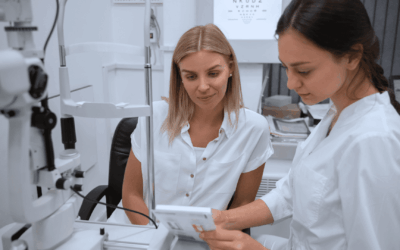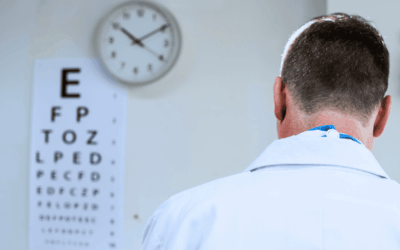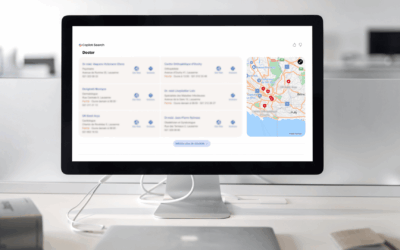Search
Recent Posts
- How to manage emergencies in your dermatology practice and keep your schedule under control
- AI in medicine: applications, advantages and disadvantages for doctors in Switzerland
- Update to Tarif 590 in 2026: what’s changing?
- Digitalization in dermatology: where do Swiss practices really stand?
- Dermatology teleconsultation: why adopt it in 2026 and what are the limits
Categories
- All specialties 57
- Complementary therapists 11
- Dental hygienists 4
- Dentists 9
- Dermatologists 3
- General practitioners 4
- Gynecologists 2
- Hospital 1
- Imaging center 1
- Independent practice 6
- Laboratories 1
- Medical center 2
- Nursing 1
- Ophtalmologists 5
- Pediatricians 1
- Pharmacy 2
- Physiotherapists 10
- Psychologists 5
- Specialists 1












